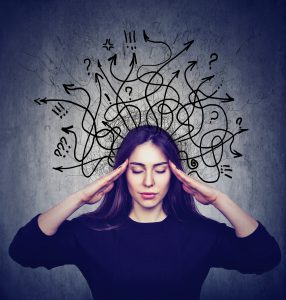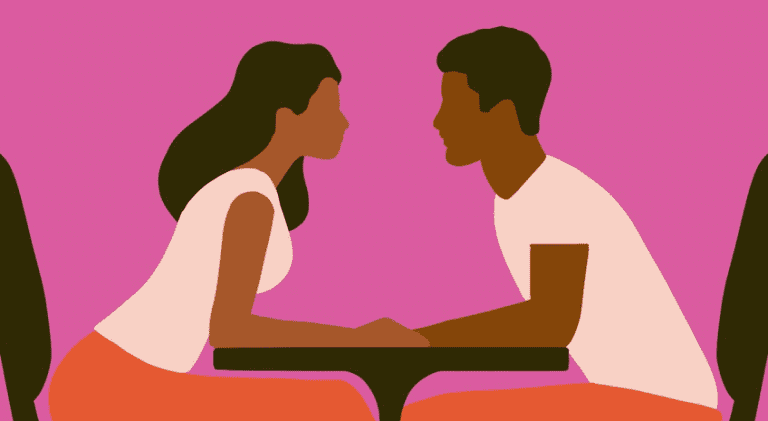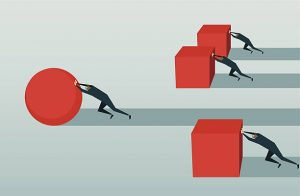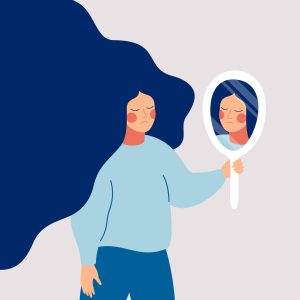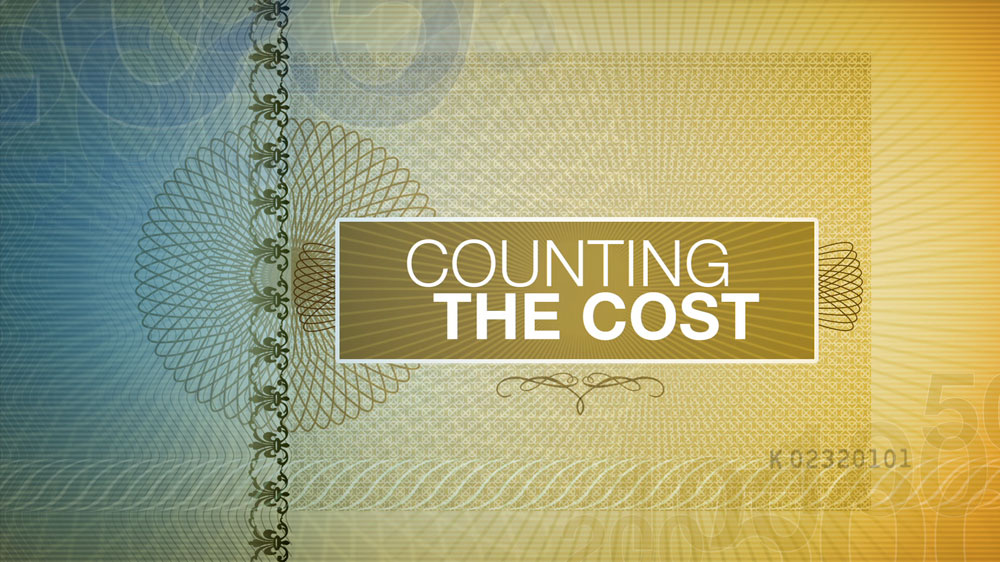The Power of Relationships
The Power of Relationships
We are largely oblivious of the power of relationships – how it shapes us, who we become, what we do, etc. For me, there is this belief I have held on to for a very long time. It is that one should find themselves – know and work on themselves – before going into a relationship with anyone, either platonic or romantic.
My argument was that it was wickedness to go into a relationship with a person knowing fully well that we can hurt that person. I think there is every possibility that I would have gotten that wrong, so I am writing this article to review my thought process on the subject matter. I sincerely want to hear your view at the end of this read.
For about 12 months, I have been studying the subject of shame, and one definition of shame that has caught my attention is that shame is an “intensely painful feeling or experience of believing that we are flawed and therefore unworthy of love and belonging.” It’s an emotion that affects all of us and profoundly shapes how we interact in/with the world. In essence, shame is the fear of disconnection.
The definition of shame led me to think about the power of relationships. We are primarily created to connect, love, and belong. We crave it. The legendary Greek philosopher Aristotle said, “Man is by nature a social animal; an individual who is unsocial naturally and not accidentally is either beneath our notice or more than human. Society is something that precedes the individual.”
This goes to say that we are nothing without others – the society. So, naturally, man must meet some basic needs to survive in the world at large. One of such needs is being in relationships with certain people. But, unfortunately, we often think that the best way to have a good relationship is first to understand ourselves. Hence, we believe our self-schema works in solitude without interference from another person.
In reality, our self-schema – a long-lasting and stable set of memories that summarize a person’s beliefs, experiences, and generalizations about the self, in specific behavioral domains – is a product of all of our interactions with other people which goes on to influence our self-concepts.
The stories we tell about ourselves result from what we think others think about us, whether good or bad. To say I am assertive means that you have got that information from someone somewhere. We did not magically realize that we were assertive. We usually get a random comment complimenting us, and we go on to hold on to it forever.
So also, when you say you are overweight or pretty, etc., we are recounting a piece of information transferred to us by another person. “When someone gives us a compliment or an insult, it becomes a story we begin to tell ourselves” This shows you how super important relationships are and how they go on to influence who we are and who we want to become. This is the power of relationships
During my childhood till my late teenage years, I was referred to as “baba dudu,” “blackie” and other variants because I am very dark in complexion. This information shaped how I saw myself for a very long time. I told myself stories of how I am not good-looking and disgusted people, which affected my self-confidence. During my senior secondary school, I overheard a group of people listing out who they thought were the most handsome, and surprisingly, I was top 2.
Never in my life have I seen myself in such light, and from that moment, the story I told myself changed totally. Nobody has been able to convince me otherwise successfully. Immediately I began to tell myself the story of how handsome I am; I started getting compliments like “I love your skin tone,” black and shine,” etc.
Hence, it has to be within the circle of your relationships to know yourself. I have plenty of friends who have gone on to say different things about me within the context of their worldviews. These things are things that I would never have known if they had never been pointed out to me. Also, they tend to disagree that what another person thinks of me is what I am. For instance, if A says that I do not give them enough attention, B tends to disagree that I do not give enough attention, but I rather don’t show my lousy side, which A might differ too.
But at that point, what I am to B is different from what I am to A, which means I have two problems with two people, but they have been able to help me identify what I wouldn’t have known. So sometimes, it could be that they are offended with me something I never thought was an offense.
People reveal who we are to us. I have tried to answer the questions on how we know or identify our shortcomings, and the best answer I can give is that we need to pay attention and be sensitive. But pay attention to what exactly? We are to pay attention to what people say or think about us.
Self-awareness does not come from the moon. It comes from how we take others’ perceptions about us – either perceived or actual – into consideration. The silver lining is that we usually slip into the webs of shame when we perceive what others think about us.
For instance, when a person tells us we are fat, we hide from the fact that we are fat. But that relationship has revealed to us that they think we are fat. Self-evaluation and awareness come into play by asking yourself if you are comfortable in your skin or think you can do better. On the other hand, shame makes you feel small and disconnected. It forces you to hide and believe that you are inadequate.
A lot of us have failed to recognize the power of relationships and as such, we tend to run away from them. We think that these relationships will scar us but this only happens when we fail to make the best use of relationships.
Identity: The Concept of Self
There are three major ways we know the self: the individual, relational, and collective.
The individual self is based on our uniqueness and what we can do or not do. What interests us or not, etc. It does not bring into question what others think about us. This is where the relational self comes in. Here, knowledge about the self is linked with knowledge about significant others, and each linkage embodies a self-other relationship.
In essence, we see ourselves based on other people’s actions towards us or others. For instance, a young kid who loves football may grow up wanting to play like Messi. Because you like how a person dresses, you tend to copy such a person. We are constantly being influenced by the people around us.
We get better or worse in the context of our relationships, not outside of them. The singular fact that man lives in groups – society – means that our understanding of what is good or bad will be defined or revealed by our community.
When we enter relationships – especially romantic ones – we tend to reveal the worst parts of us that others will not be familiar with. At this point, we are very vulnerable, and as such, we tend to let our guards down. If you are a nice person to others, your partner can see that you are genuinely not a nice person. Maybe you are nice to others to gain their favour or cover up the insecurities that you might not even know about.
But at that point, what has happened is that you have been able to reveal your true self and when it stares you straight in the face, you can confront it for the better, this is when growth happens.
Living with people tests your liberality, your level of patience, and accommodation. This is something you will never discover on your own. There is no way you would know how patient you are outside other people’s contexts because patience is tested with other people.
You can be in a relationship with a person who is insecure about sex without the person knowing. They might even believe that sex is great, but they only find out when they try to have sex with their significant other – husband or wife. But, again, this is something they’d never have known outside of that relationship.
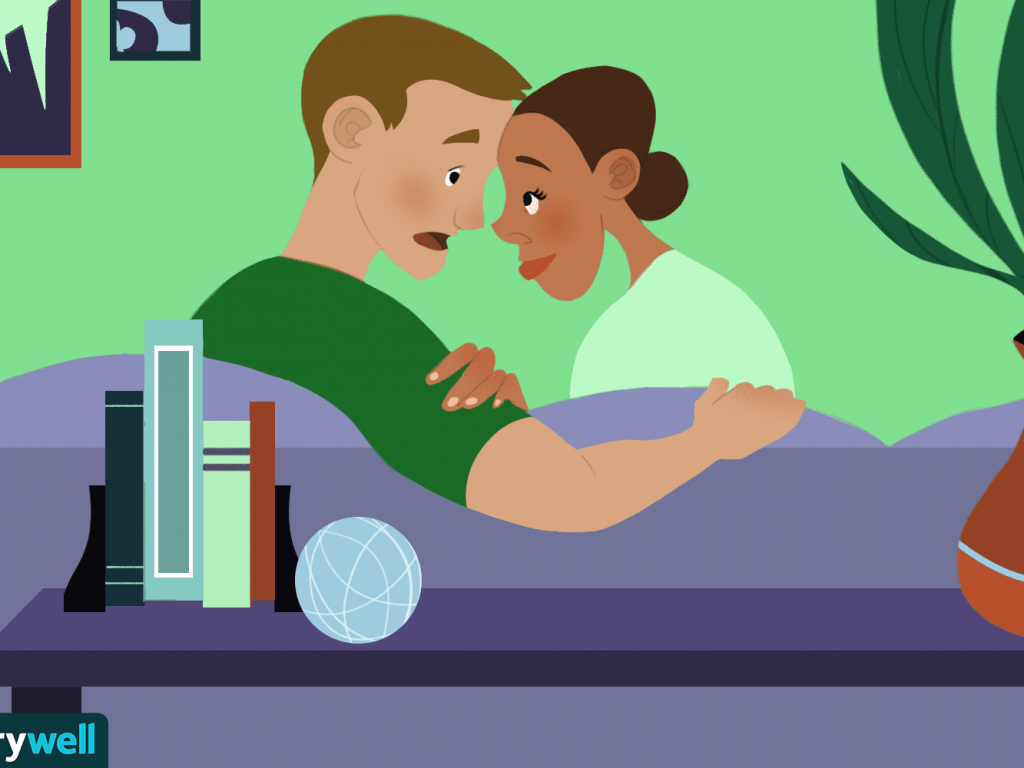

Also, a person who spends time hanging around people who only talk about women and alcohol will eventually end up a womanizer and alcoholic. So also, if you spend time discussing with knowledgeable people, you ultimately become a more intelligent person.
We are who we are because of the people and environment we grew up in. We mirror our parents – actions, styles, beliefs, etc. This is why a bad person eventually becomes a bad parent who gives birth to a child that becomes a bad person and the cycle continues. A child that grows up in an abusive home has every tendency to become an abusive person. On the other hand, if you grow up in a loving home, you grow up to show and radiate love everywhere.
Conclusion
Our relationships define us – this is the power of relationships. Who you are is a combination of the stories you tell yourself and the stories other people tell about you. Recognizing the power of relationships helps us maximize our relationships better both individually and collectively.


